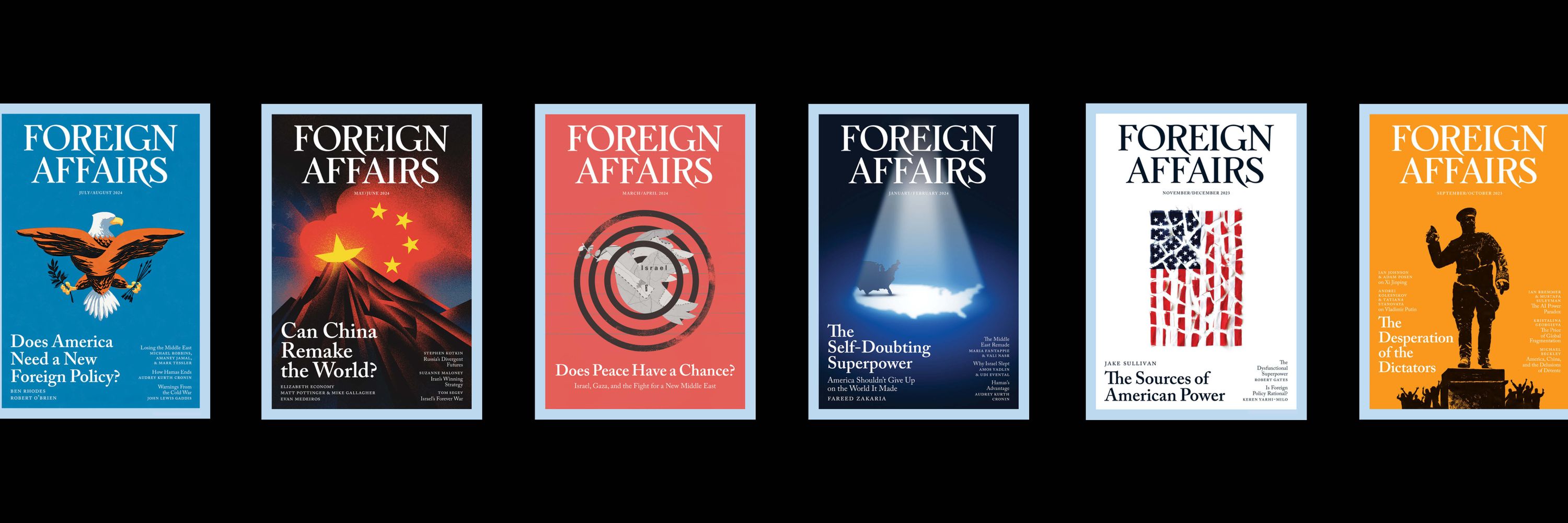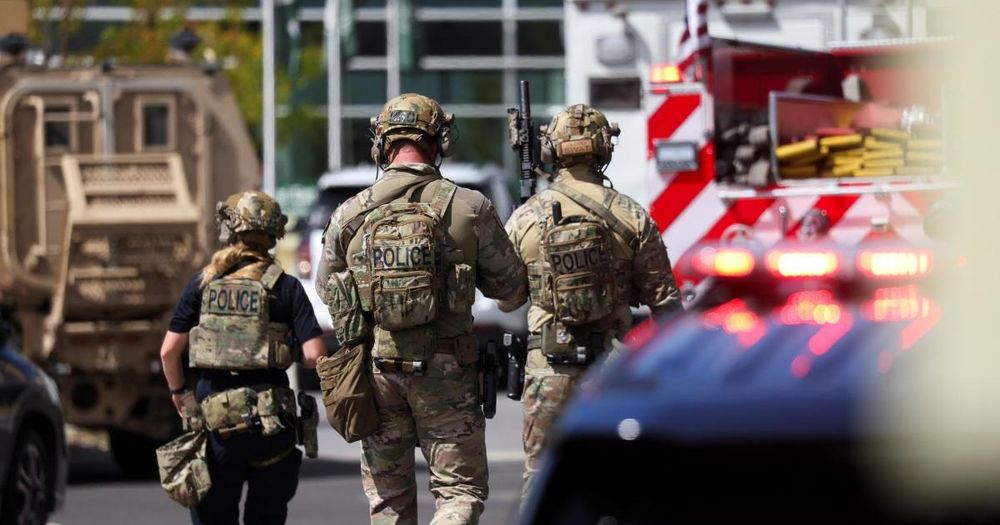Foreign Affairs
@foreignaffairs.com
28K followers
42 following
1.6K posts
A magazine of U.S. foreign policy and international affairs, founded in 1922. https://www.foreignaffairs.com/
Sign up for our newsletters here: http://foreignaffairs.com/newsletter
Posts
Media
Videos
Starter Packs
























